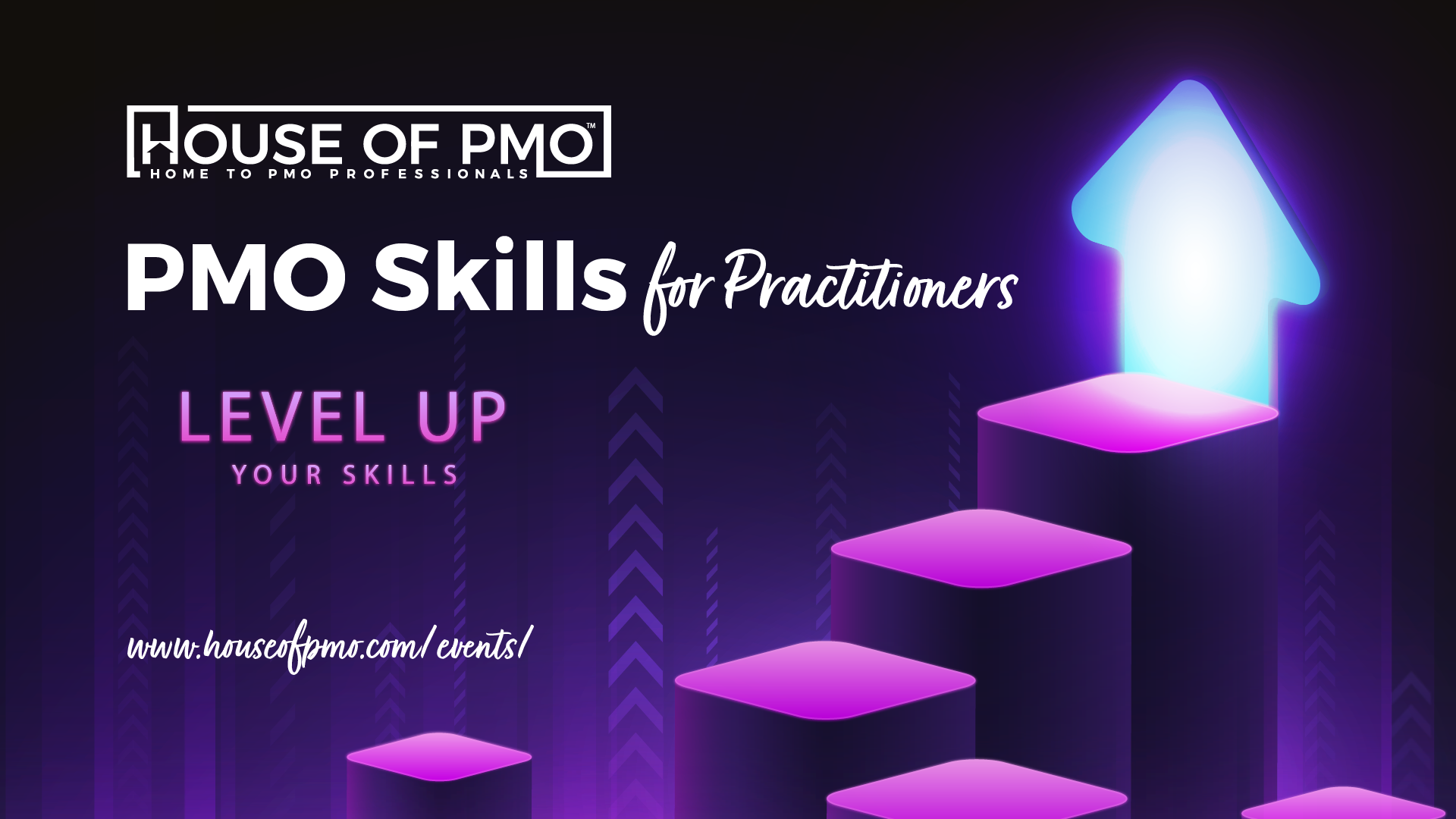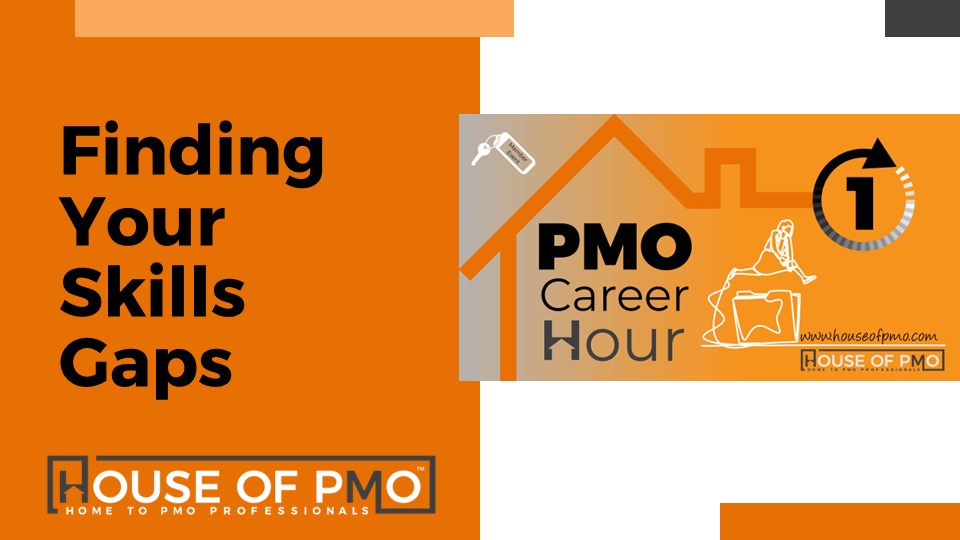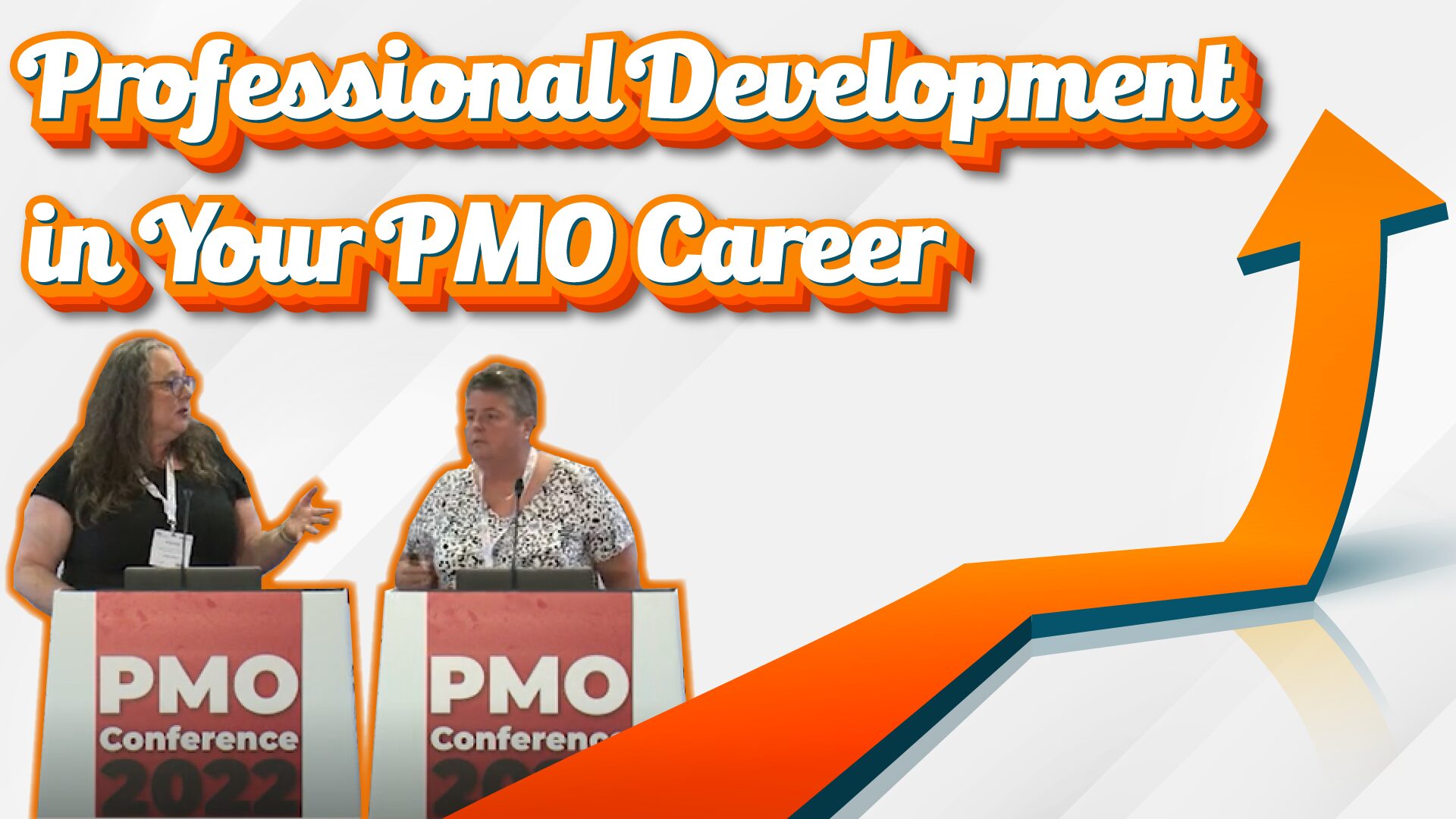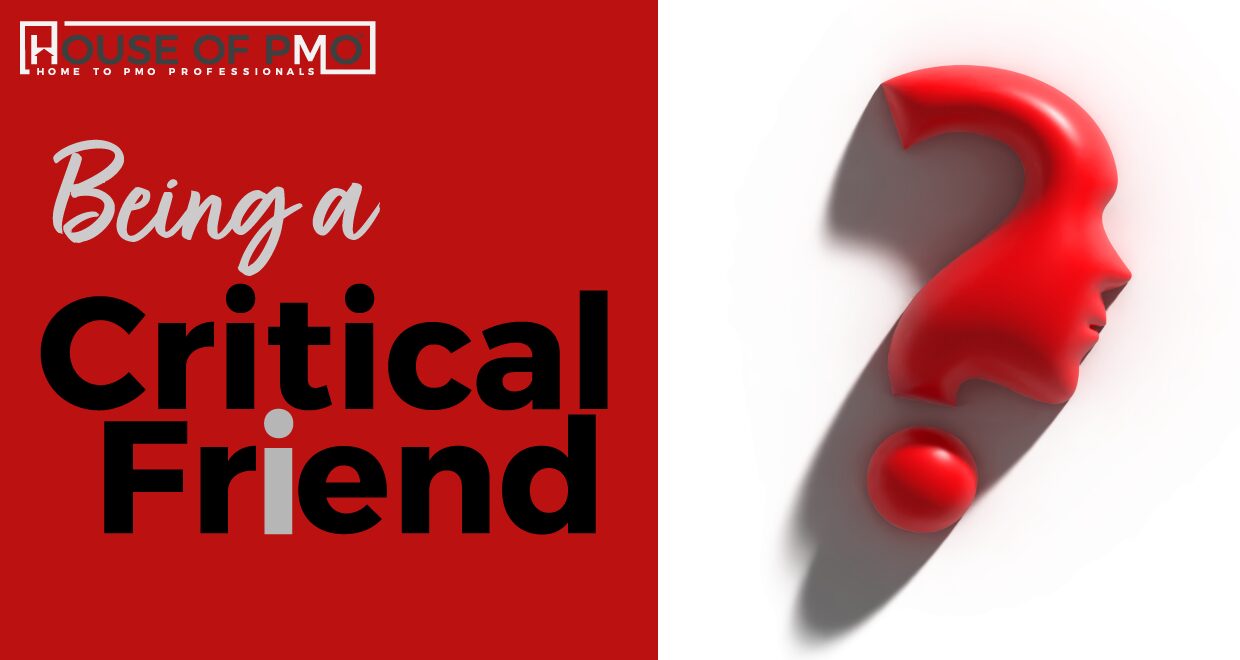- Date: June 13, 2025
- By: Lindsay Scott
- Categories: PMO Skills
Discover practical tips for PMO teams to improve communication across global teams, with insights on culture, time zones, engagement, and leadership.
Go to article
- Date: October 21, 2024
- By: Lindsay Scott
- Categories: PMO Skills
In this article we take a look at systems thinking - an approach, set of methodologies, tools and techniques to help with complex problem solving and decision-making
Go to article
In this session we learn about being a mentor and gain ideas on how we can also advance our own career by taking on this role.
Go to article
- Date: August 16, 2023
- By: Lindsay Scott
- Categories: PMO Skills
Which skill areas are the most important for PMO practitioners? In this session we take a deeper look at the skills highlighted in the PMO Competency Framework.
Go to article
In this career hour session, we take a look at how you can identify your skills gaps - and how you can think about closing those gaps.
Go to article
In this session, Eileen and Carol talk about the professional development available for all levels of PMO practitioners. They’ll be focusing on the four levels of qualifications from the House of PMO, PMO career paths, their own insights in how to develop yourself and your PMO team.
Go to article
How many times do we hear the term about PMOs being the ‘critical friend’ to our Project Managers, Programme Managers, SROs and others? Do we really understand what it means to be a critical friend?
In this session, we were joined by Neil Goldsmith, a professional ‘critical friend’ who gave us all the insights about performing the role of critical friend well.
Go to article
The PMO needs people to make decisions and take action pretty much everyday. We provide reports, we have conversations, we try and influence yet still we struggle sometimes to make a message really land and even more so when it comes to people making critical decisions.
You will have heard of storytelling in a business context - most likely you've heard it called data storytelling - it's the same thing. You can use storytelling structures, techniques and a whole myriad of plot devices and character details within your day-to-day work.
Go to article










